Monkeys infected with COVID-19 develop immunity in studies, new study finds pot can block virus cells
Stunning research suggests cannabis strains can wipe out 70 per cent of coronavirus cells as new trials boost hope a vaccine really can work and swimmers told it’s okay to get back into the water.
Coronavirus
Don't miss out on the headlines from Coronavirus. Followed categories will be added to My News.
Cannabis compounds could be capable of drastically reducing the number of cell receptors for COVID-19 to cling to.
A team of Canadian scientists at the University of Lethbridge in Alberta looked at 400 cannabis strains and focused on about a dozen that showed promise in preventing the virus from “hijacking” our cells.
The researchers speculate that extracts of cannabidiol (CBD), the main non-psychoactive component of pot, helped lower the number of cell receptors available for coronavirus to attach to by more than 70 per cent.
The researchers tested the effect the extracts had on the receptors required for the virus to enter human cells.
Results showed that the extracts helped reduce the number of receptors that are the “gateway” for the coronavirus to “hijack” host cells.

The team, led by Dr Igor Kovalchuk, found the extracts lowered the number of receptors the virus uses to infects cells and multiply by more than 70 per cent.
“A number of them have reduced the number of [virus] receptors by 73 percent, the chance of it getting in is much lower,” lead researchers Dr Igor Kovalchuk, CEO of Pathway Rx, told The Calgary Herald.
“If they can reduce the number of receptors, there’s much less chance of getting infected.”
They also looked at other receptors which allows the virus to invade cells more easily and multiply quickly.
“Imagine a cell being a large building,” Dr Kovalchuk said.
“Cannabinoids decrease the number of doors in the building by, say, 70 percent, so it means the level of entry will be restricted. So, therefore, you have more chance to fight it.”
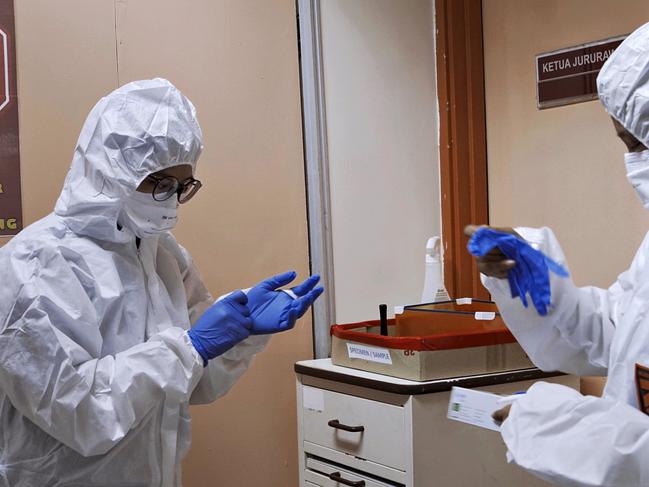
Meanwhile, new primate studies have provided preliminary scientific evidence that people who survive COVID-19 will be safe from reinfection, showing vaccines under development should be able to prevent the spread of the pathogen.
Before this news, there was little scientific evidence to back up the theory that people who had survived the virus would definitely be protected from reinfection by their antibodies.
Producing a vaccine that stimulates the production of these antibodies in people who have not had the virus is the aim of medical companies and scientists around the world, including in Australia.
In one of the new studies, nine monkeys who recovered after being infected with the virus were exposed to COVID-19 again - and they did not get sick again.
Dr Dan Barouch, a researcher at the Center for Virology and Vaccine Research at Harvard’s Beth Israel Deaconness Medical Center, said the findings suggest virus survivors “do develop natural immunity that protects against re-exposure”.
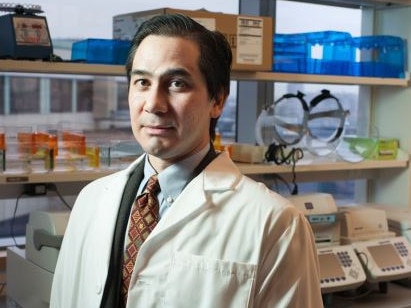
While one health expert quipped on CNN that “mice lie and monkeys exaggerate” in terms of experimental drugs’ human suitability, Dr Barouch saw plenty of signs for hope.
“It’s very good news,” said Dr Barouch, whose findings were published in the journal Science.
“These data will be seen as a welcome scientific advance.”
Several research teams have released papers - many of them not reviewed by other scientists - suggesting that a vaccine against the virus would be effective in animals.
In the second study, Dr Barouch and colleagues tested 25 monkeys with six prototype vaccines to see if antibodies produced in response were protective.
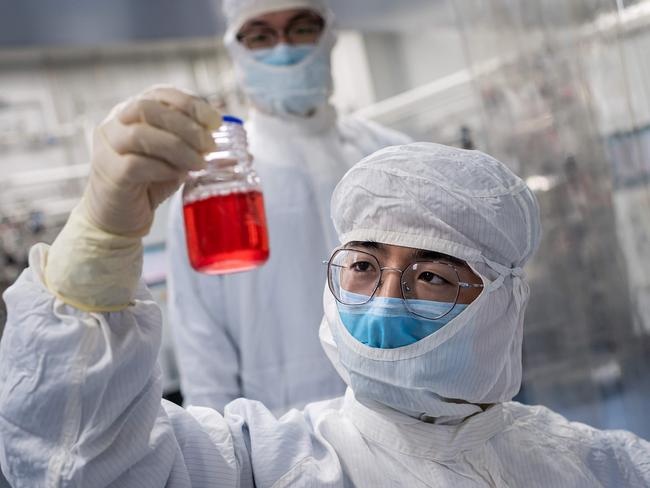
They then exposed these monkeys and 10 control animals to the coronavirus.
All of the control animals showed high degrees of virus in their noses and lungs, but in the vaccinated animals, “we saw a substantial degree of protection”, Dr Barouch said.
Eight of the vaccinated animals were completely protected.
In another positive development, the US CDC said there was no evidence that coronavirus can be spread in swimming pools.
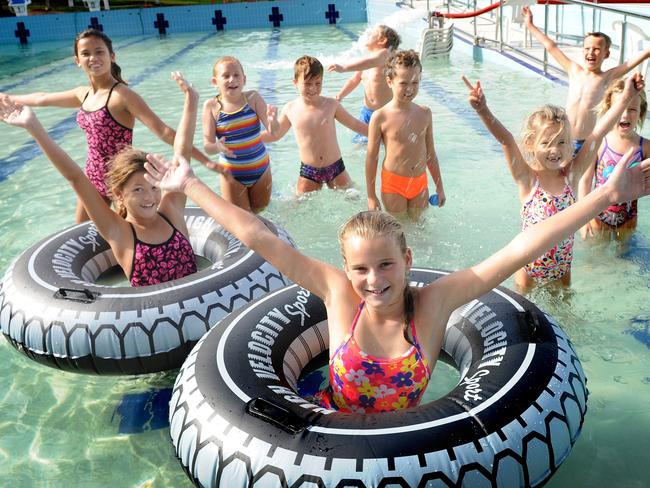
As people around the world exit lockdown and flock to pools to soak up warm sunshine, the CDC said there’s “no evidence that the virus that causes COVID-19 can be spread to people through the water in pools, hot tubs, spas, or water play areas”.
In fact, the government health agency said can be the opposite.
If places like pools and hot tubs are properly made and maintained – including being disinfected with chlorine and bromine – the virus should “inactivate” in the water, the CDC said.
VOLUNTEERS TAKING PART IN FIRST AUSSIE COVID-19 HUMAN TRIALS
The First Australians to take part in human clinical trials of a possible coronavirus vaccine will be dosed up with an experimental drug next week.
More than 100 volunteers in Brisbane and Melbourne are taking part in the trials for a vaccine being developed by the US biopharma Novavax.
Australian firm Q-Pharm is conducting the trial of the Novavax candidate, NVX-CoV2373, as well as phase 1 trials of a vaccine being developed by Queensland University researchers, The Australian reports.
Q-Pharm’s principal investigator Paul Griffin said many vaccine candidates looked promising.
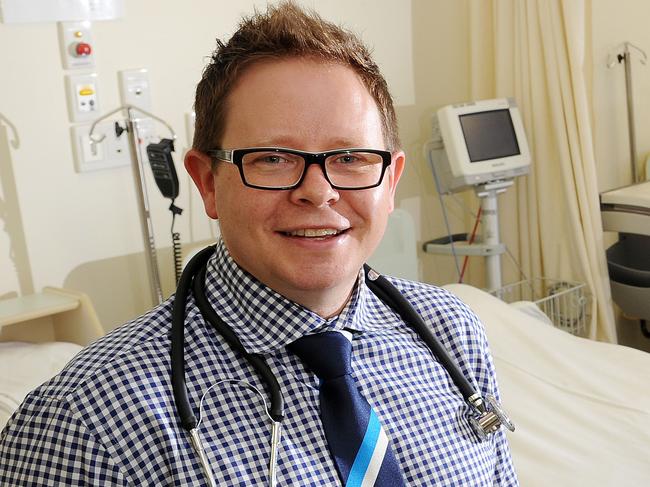
“It’s really remarkable that we’ve been able to progress so quickly,” Professor Griffin said.
“I think they’re both really good candidates. If they weren’t really promising they wouldn’t even be contemplating trialling them in humans.”
NVX-CoV2373 was created using nanoparticle technology to generate antigen derived from the distinctive coronavirus spike protein.
The vaccine aims to enhance the immune response and stimulate high levels of neutralising antibodies which are found naturally in people who have recovered from COVID-19.
Q-Pharm, which is part of the Nucleus Network phase 1 clinical research organisation, will now begin to choose healthy people from a pool of volunteers.
The development comes after another US firm, Moderna, announced positive results from initial clinical trials of its experimental vaccine, which it hopes to have to market by January.
It is moving to large-scale human trials in July.
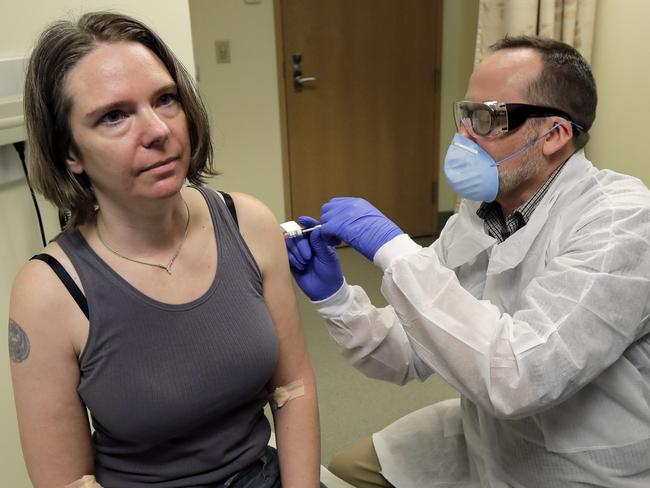
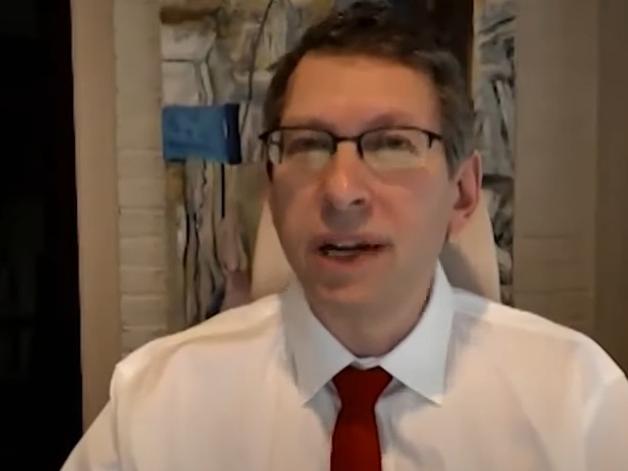
Australian researchers are recruiting 2000 healthcare workers to test whether hydroxychloroquine works to stave off the virus.
Fourteen hospitals across Australia are taking part in the hydroxychloroquine trial being run by the Walter and Eliza Hall Institute of Medical Research, The Australian reports.
Head of the trial Marc Pelligrini said test tube studies showed hydroxychloroquine can restrict the replication of the virus, raising hopes it could be used as a preventive treatment.
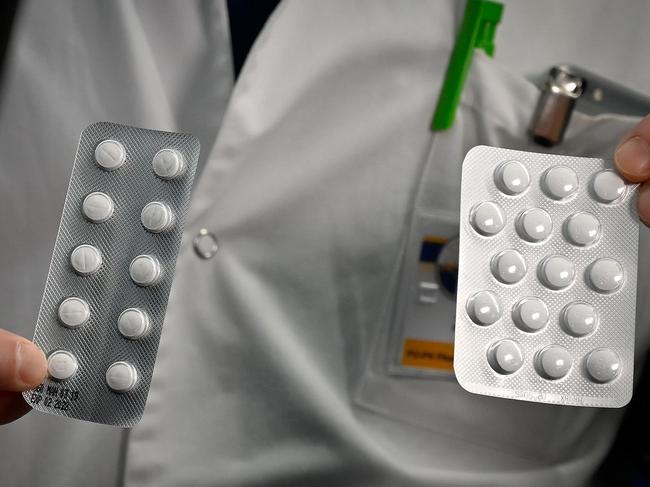
“Our number of cases is low in Australia, and this really gives us the perfect opportunity to dedicate our resources to being prepared for potentially a next wave,” Professor Pelligrini said. “We need to be clear that this virus is not going to go away, it will be a threat for a very, very long time. And we really need to be prepared and discover new drugs that might be able to prevent people getting infected and getting sick.”
Human trials of the UQ vaccine candidate are now just weeks away. A Dutch company is currently conducting preclinical studies of the UQ vaccine.
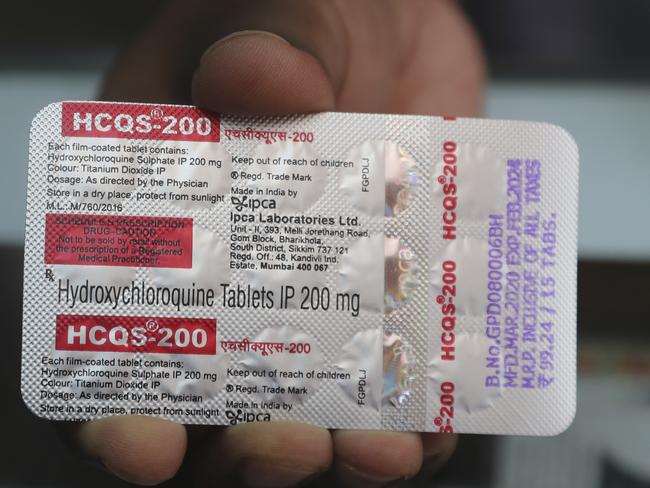
DON’T FORGET OTHER VACCINATIONS, PARENTS TOLD
Meanwhile, a US study has warned parents to make sure their children’s vaccinations for other illnesses such as the mumps and measles are up to date as people come out of lockdown.
During the pandemic, the rates of childhood vaccinations have dropped significantly in the US as many parents have been reluctant to schedule well-child visits at their doctors’ offices, for fear of contracting the coronavirus.
As a result, children have fallen behind on vaccinations for diseases like measles and pertussis, better known as whooping cough.
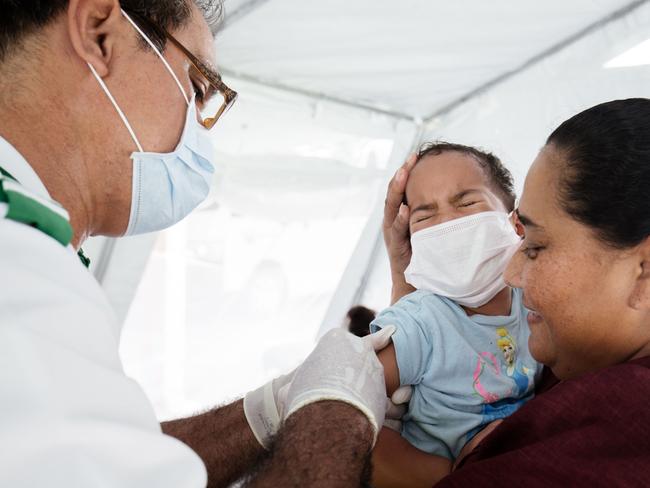
According to a new study released by the Centers for Disease Control and Prevention, the vaccination rates in May for children under 2 years old in Michigan fell to alarming rates, including fewer than half of infants 5 months or younger.
Researchers warned falling vaccination rates could jeopardise the herd immunity that communities have built up against a disease like measles. Public health officials estimate that a community vaccination rate from 93 per cent to 95 per cent is necessary to prevent a widespread outbreak of measles.
TRUMP AWARDS $A1.2BN DRUG CONTRACT
President Donald Trump’s administration awarded a contract worth up to $812 million for a new US company to manufacture drugs and drug ingredients to fight COVID-19 on American soil, aiming to end dependence on other countries.
The administration has been looking to build up the ability to produce drugs and their raw materials in the United States after the global pandemic exposed the industry’s dependence on China and India for its supply chain.
“For far too long, we’ve relied on foreign manufacturing and supply chains for our most important medicines and active pharmaceutical ingredients while placing America’s health, safety, and national security at grave risk,” Peter Navarro, director of the White House Office of Trade and Manufacturing Policy, said.
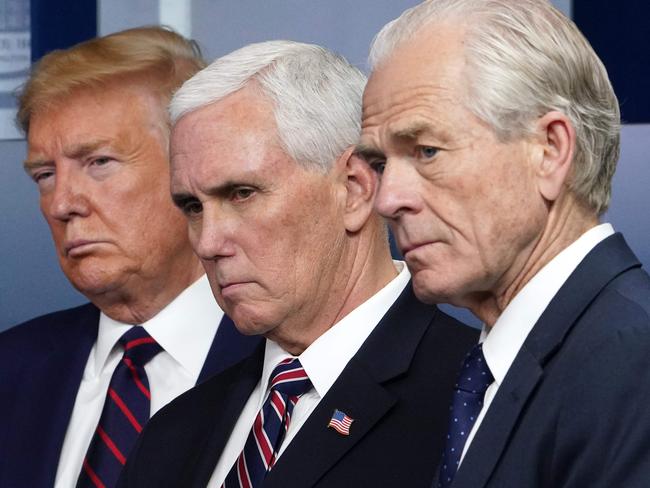
The US Department of Health and Human Services (HHS) said it had awarded a 4-year, $A540 million contract to privately-held Phlow Corp to make COVID-19 drugs, other essential drugs and their ingredients.
It comes as New York Governor Andrew Cuomo says any vaccine to prevent the coronavirus should be distributed fairly without regard for wealth, and called for US crisis leadership based on competence and not Twitter posts.
“You have to know what you are doing now – not just look like what you are doing, not just sound like what you are doing,” Mr Cuomo said without naming US President Donald Trump, a Republican who frequently attacks his critics on Twitter.
“You have to be smart. You are not going to tweet your way through this,” added Mr Cuomo, a Democrat.
There was no immediate response from Mr Trump.
Mr Cuomo spoke following news on Monday that an experimental COVID-19 vaccine made by biotech company Moderna produced protective antibodies in a small group of healthy volunteers.
“The vaccine must be available to all people,” Mr Cuomo told a daily briefing on Tuesday.
“It can’t be a situation where only the rich, only the privileged can get the vaccine because one company owns the rights and they can’t produce enough for everyone.” His comments came after the US mission in Geneva objected to parts of a World Health Organisation resolution on the pandemic.
Originally published as Monkeys infected with COVID-19 develop immunity in studies, new study finds pot can block virus cells


